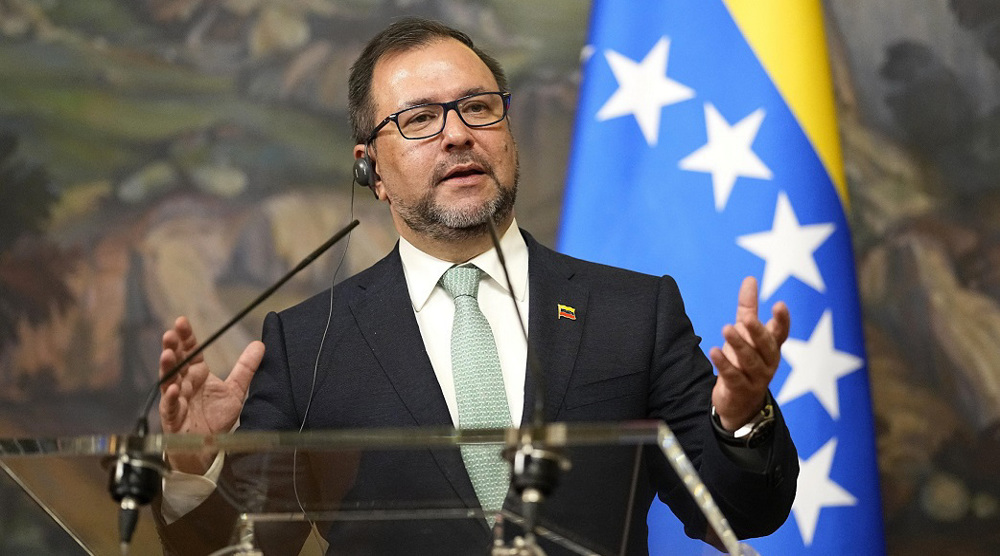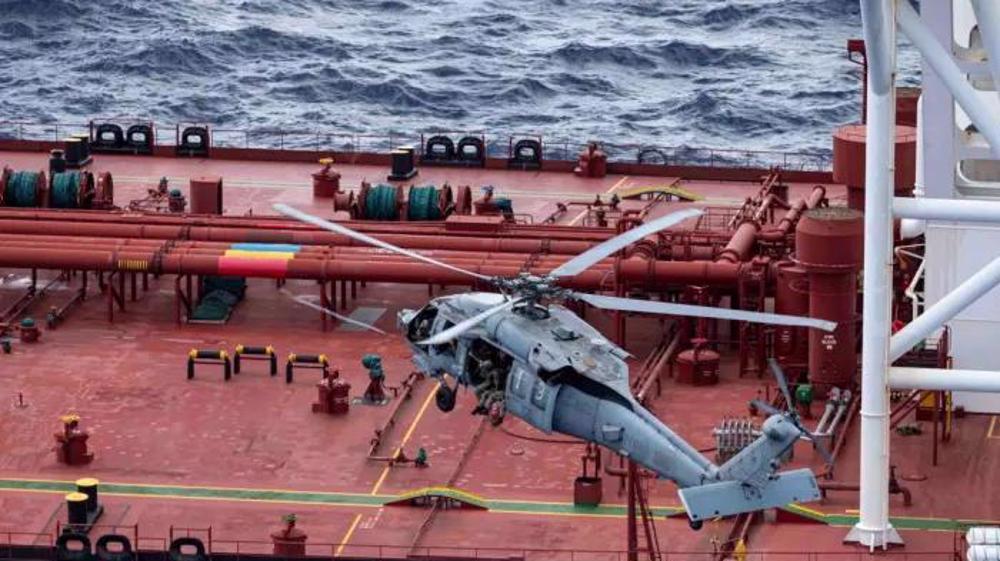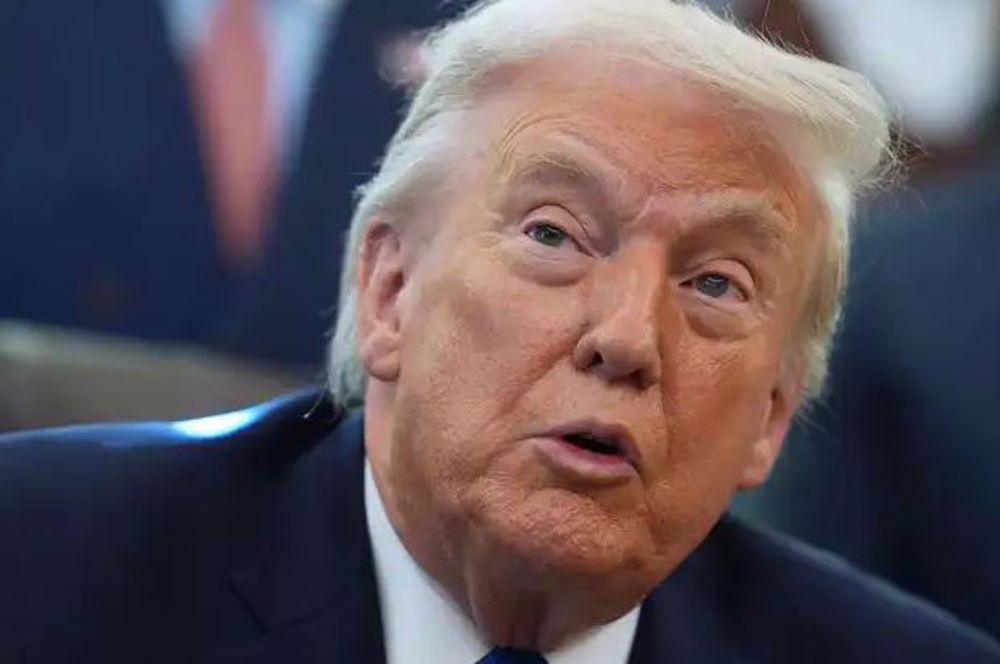200,000 protesters march against Venezuela’s Maduro
More than 200,000 people in Venezuela have staged anti-government protests across the Latin American country, marking the 50th day of rallies against President Nicolas Maduro.
The protests were held in the Venezuelan capital, Caracas, and other major cities on Saturday.
An estimated 160,000 demonstrators marched through Caracas to reach the presidential palace, chanting anti-Maduro slogans and carrying signs that read, “We are millions against the dictatorship” and “No more dictatorship!”

As with previous rallies, police used tear gas to disperse the protesters in the capital.
Oil-rich Venezuela is struggling with a soaring inflation and shortages of food and medicine. The opposition and its supporters blame Maduro for the crisis, demanding elections, the freedom of jailed activists, and permits for the entry of foreign aid.
Seven weeks of street protests have left at least 47 people dead in the country.
“It’s been 50 days of protests. I’m here with my two children, I can’t get any milk, I can’t get any food,” said a 24-year-old protester attending the march, with the colors of the Venezuelan flag painted on her face.
“It’s a lie that this government wants elections, and so that’s why I come out to protest, and I come to demand general elections now. Because it’s the only way... to get Venezuela out of this hole we find ourselves in,” said another demonstrator.
A two-time presidential candidate and the de facto opposition leader, Henrique Capriles, who has been recently barred from holding public office for 15 years, was also among the protesters, leading the Caracas march.
“Fifty days and they’ve assassinated 50 people... Despite everything, on day 50, amid more repression, there is more resistance and more fight for Venezuela,” said Capriles, surrounded by supporters.

Additionally, several thousand people took to the streets in the western border city of San Cristobal in Tachira State, where masked youths hurled rocks and Molotov cocktails at riot police. Some protesters were also seen wielding machetes.
“We don’t want more deaths. We want salaries that mean something, and medicine. The government invests more in bullets and weapons than in food and education for this country,” said Maria Diaz, a 33-year-old lawyer in San Cristobal.
The recent unrest in Venezuela has intensified over Maduro’s latest decision to have a new constitution written.

The latest wave of unrest initially erupted in early April, when the Supreme Court stripped the opposition-controlled parliament of its powers. Although the decision was later revoked, protests have continued.
The government, however, says the protests are incited by the United States to remove the president from power.
Private surveys indicate that seven in 10 Venezuelans reject Maduro’s leadership, amid widespread economic devastation aggravated by the drop in the prices of oil since 2014.
VIDEO | Press TV's news headlines
Paris silencing pro-Palestine voices
Iran raises alarm at ‘environmental consequences’ of US militarism
Iran: UN Security Council inaction on Israeli crimes ‘catastrophic’
Report: US intel debunks Trump's claim of Iran working on ICBMs
Vance says 'skeptic of military intervention' after progress in Iran talks
VIDEO | Third round of Iran-US nuclear talks concludes in Geneva
Geneva talks: Iran signals firm resolve, rejects US pressure, proceeds with cautious optimism













 This makes it easy to access the Press TV website
This makes it easy to access the Press TV website